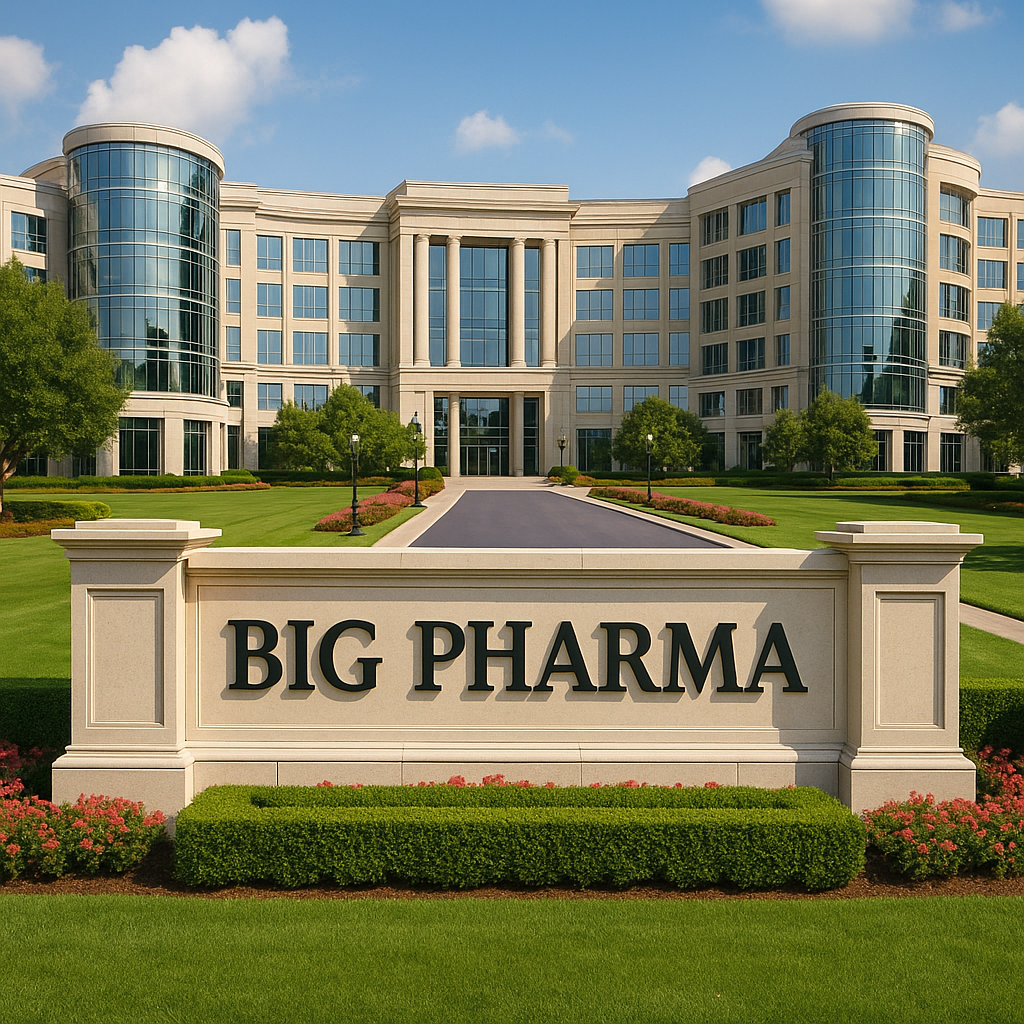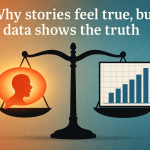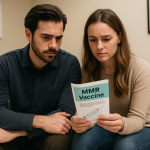Let’s be honest:
There are real reasons to be angry at Big Pharma.
Your frustration? It’s not irrational. It’s not paranoia.
It’s earned.
But here’s the problem:
Too often, that frustration gets misdirected.
And in that confusion, good medicine gets thrown out with bad economics.
Big Pharma Isn’t Evil. It’s a Business.
Let’s start with something that’s true and important:
💰 Big Pharma is profit-driven.
Not because it’s uniquely corrupt—but because it’s made of corporations operating in a capitalist market.
Their job is not to maximize your health. It’s to maximize shareholder returns.
That means:
- They set prices high because they can.
- They spend billions lobbying to protect patents and suppress competition.
- They delay the release of generics.
- They sometimes push unnecessary or overpriced drugs over cheaper alternatives.
This is how the system is built.
And it’s made your health care more expensive—sometimes heartbreakingly so.
But here’s what that doesn’t mean:
🚫 It doesn’t mean the drugs they produce are designed to hurt you.
🚫 It doesn’t mean vaccines are a conspiracy.
🚫 It doesn’t mean pharmaceutical science is fake.
It just means the market has distorted the value of what should be a public good.
Your Anger Is Valid—But Precision Matters
It’s one thing to say, “I’m angry that insulin costs hundreds of dollars a month.”
That’s fair.
It’s another to say, “I don’t trust any medicine Big Pharma produces.”
That’s where we run into real danger.
Because that leap—from “I’m being overcharged” to “they’re trying to harm me”—is how misinformation thrives.
The truth is less dramatic, but far more important:
The problem with Big Pharma isn’t that the science is fake—it’s that the price tag is real.
Public Health ≠ Big Pharma
Now here’s the second mistake people make:
They assume that public health institutions—like the CDC, FDA, or WHO—are just mouthpieces for pharmaceutical companies.
They’re not.
Public health experts:
- Recommend preventative measures (like clean water, air quality, and vaccines)
- Often clash with pharmaceutical interests (e.g., pushing for generics, advocating for public access)
- Don’t profit when you get sick—or when you get well
Are public health institutions perfect? No.
But their incentives are fundamentally different from those of pharmaceutical companies.
One is selling you something.
The other is trying to protect you from needing it in the first place.
Vaccines Are a Perfect Example
Vaccines aren’t a big moneymaker. Most are off-patent, cheap, and given once or twice in a lifetime.
They don’t generate monthly revenue. They don’t create repeat customers.
But they save lives—millions of them.
If Big Pharma wanted to keep you sick, vaccines would be the last thing they promoted.
The Bottom Line
So yes, be mad at Big Pharma for what they are:
- For manipulating prices
- For shaping a system that puts profits above affordability
- For lobbying against transparency and competition
But don’t project that onto public health.
And don’t let that anger turn into conspiratorial distrust of the very things that work—like vaccines, antibiotics, and evidence-based medicine.
Because the truth is:
- Medicine works.
- Science is real.
- And public health is still one of the greatest protectors of your life—even if the market makes it harder than it should be.
If this helped clarify something you’ve been wrestling with, head back to the Facebook post and let us know. Your voice matters.
Last Updated on June 26, 2025







